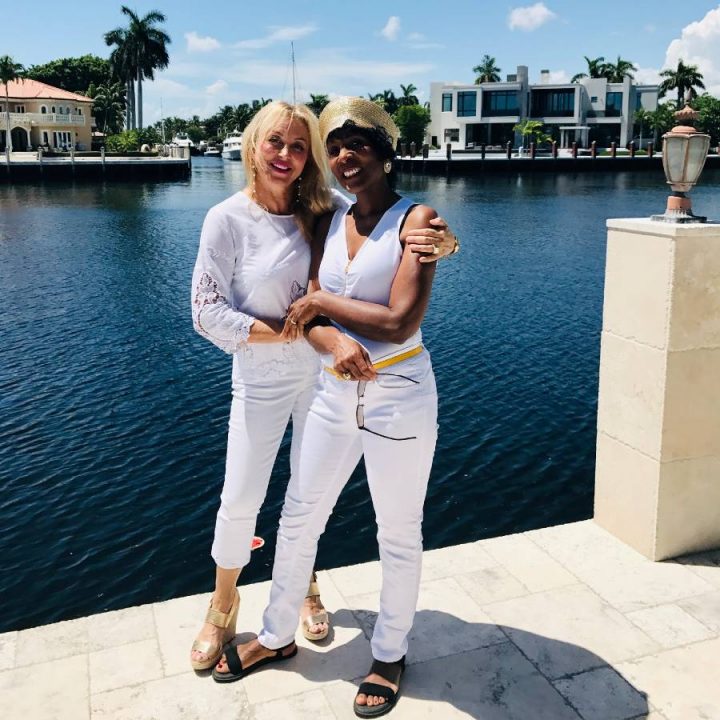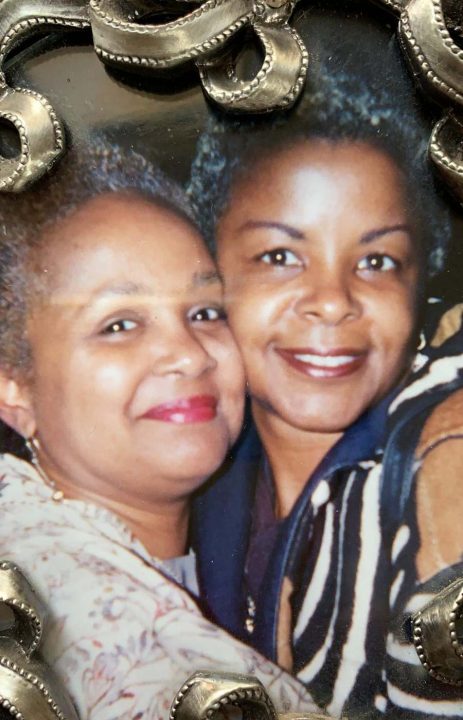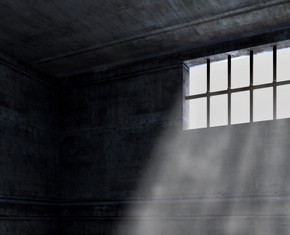The views expressed in our content reflect individual perspectives and do not represent the authoritative views of the Baha'i Faith.
Many of us want a community, a friendship, and a family that will last, because they are bonded by deep, spiritual connections that supersede anything superficial.
A “spiritual family,” wrote Shoghi Effendi, the Guardian of the Baha’i Faith, is “knit together by a bond more lasting than mere physical ties can ever be.” Just like our souls, the spiritual bonds that we share with each other will last for eternity.
RELATED: How Community Service Created Lasting Friendships
But what defines a spiritual family? Is it simply members of the same faith and/or religious community? Or is it so much more than that? I wanted to know. So, I reached out to several Baha’is and asked them what it means to have a spiritual family, and what that looks like in their lives.
The Meaning of a Spiritual Family
“A spiritual family is bonded through a connection to a higher power, a knowledge of a universal bond, and ethereal goal and mission,” says Betty Mims, a Baha’i living in Burbank, California. “Having a spiritual family means I have others who are in alignment with my views on the oneness of humanity and how we should live our lives and conduct ourselves in all situations.”
One of the most meaningful things we can have in common with someone is a shared passion for serving humanity and a common vision of a just and unified society to work towards.
Nashville resident Carmen Brown added that a spiritual family “recognizes each other’s nobility and where that nobility comes from.” They are “respectful of each and everyone’s right to exist,” and love and help each other through any “social ills that each person may be struggling with.”
Hoda Hosseini, a Baha’i from Fort Lauderdale, Florida, explained that spiritual families are characterized by a “heart connection,” that feeling that you just “can’t wait to be with them.” She says that you “hear their joys and sorrows, plan with them, [have] unconditional love, [and] feel like you have become a part of a tribe that deeply cares for you, [who] will love [you] and you can love back.”

What a Spiritual Family Looks Like
Shoghi Effendi referred to the Baha’i community as “brothers and sisters” and encouraged Baha’is to “draw on each other’s strength and consolation in time of need.”
Martine Hubbard, a Las Vegas-based Baha’i, shared how she can always turn to one of her Baha’i sisters for “strength and consolation.”

“I have a sister that has my back, that I can cry to, that I can confess my sins to, that will tell me the truth, that will look out for me, that will pray for me, that will call me in the middle of the night, because she had a spiritual inclination that I wasn’t okay.”
She recalled that after she started coming to Foundation Hall University, a global, daily phone call where participants study and reflect on the Baha’i writings, she met even more spiritual sisters that she has never even met in person before, but they already feel like family. “I can count on them to pray for me, to see me, to not judge me.”
And Fred White, a resident of Camarillo, California says that his spiritual brothers give him sustenance. They search for “obedience to the word of God” together and reflect on how they can apply themselves “to the challenges in the world of today that we live in.”
“Each of us has a challenge in life and it’s the confidentiality that we share.” Fred says that it’s meaningful to know “that there is a place [where] you are welcome to be yourself.”
Betty added, “As a new Baha’i, I have experienced an overwhelming openness and acceptance and encouragement from those I have met online. Although it is generally uncomfortable for me to be open and vulnerable with others, I am learning that it is the only way to be true to myself and to have open and unencumbered conversation and connection on a spiritual level.”
As everyone discussed their relationships with their spiritual brothers and sisters, and reflected on how meaningful they are to them, I noticed that there were common themes of love, support, and acceptance that characterized all these spiritual families. I also want to add another element: trust.
I know that I have a spiritual family when I can trust them to be gentle with my heart. You don’t have to put on a brave face or get your guards up around them. You know that you can feel safe to love them and are free to be who you are.
Abdu’l-Baha, one of the central figures of the Baha’i Faith, said, “Do not be satisfied until each one with whom you are concerned is to you as a member of your family. Regard each one either as a father, or as a brother, or as a sister, or as a mother, or as a child.” Because wouldn’t it be nice if the whole world was one spiritual family?
















Comments
Sign in or create an account
Continue with Googleor